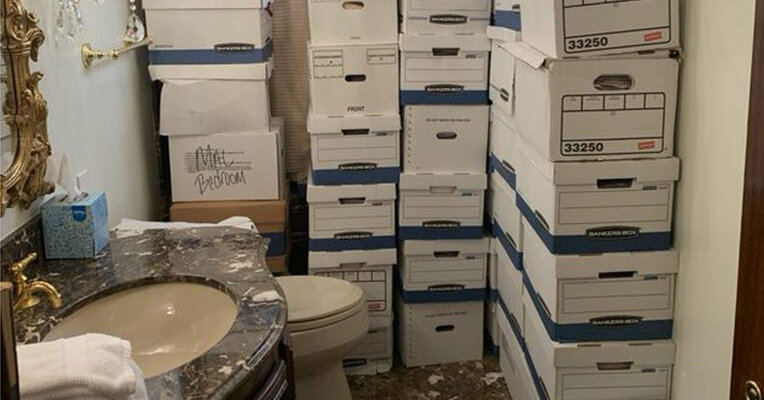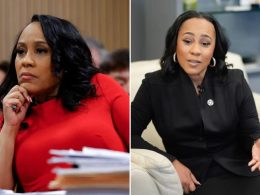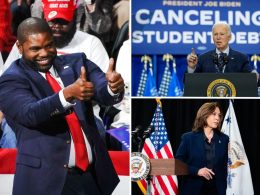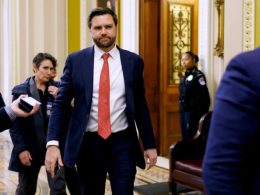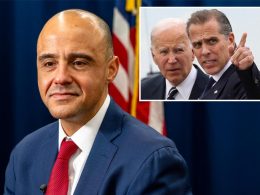Federal prosecutors tacitly signaled on Wednesday that the public may never see a portion of a report by the special counsel, Jack Smith, detailing his investigation into President-elect Donald J. Trump’s refusal to give back a trove of classified documents he took from the White House after leaving office.
Mr. Trump’s legal team has been fighting a pitched battle in recent days to keep the report out of the public eye. In court papers on Wednesday, the Justice Department said that Attorney General Merrick B. Garland did not intend to release the volume about the documents inquiry until legal proceedings have ended against two co-defendants who were charged along with Mr. Trump.
The decision raised the prospect that the report might never be made public at all. The case against Mr. Trump’s co-defendants is likely to continue into his second term starting Jan. 20, when he could pardon the men and end the case altogether. His appointees would then have the power to continue keeping Mr. Smith’s report secret.
The government’s filing, before a federal appeals court in Atlanta, came one day after Judge Aileen M. Cannon, who oversaw — and ultimately threw out — the documents case, issued an injunction temporarily barring the department from releasing Mr. Smith’s report. Her order did not appear to distinguish between the volume about the documents case and the one compiled by Mr. Smith and his team about their separate case against Mr. Trump for his attempt to overturn his loss of the 2020 election.
The Justice Department does plan to release the portion of Mr. Smith’s report focusing on the election interference charges, the court papers said. That case was dropped after Mr. Trump won the election as prosecutors bowed to a longstanding Justice Department policy that prohibits pursuing criminal prosecutions against sitting presidents.
In their filing to the appeals court, prosecutors said that Mr. Garland would make Mr. Smith’s report about the classified documents case available to the chairs and ranking members of the House and Senate Judiciary Committees, except for information that is covered by a grand jury secrecy rule.




